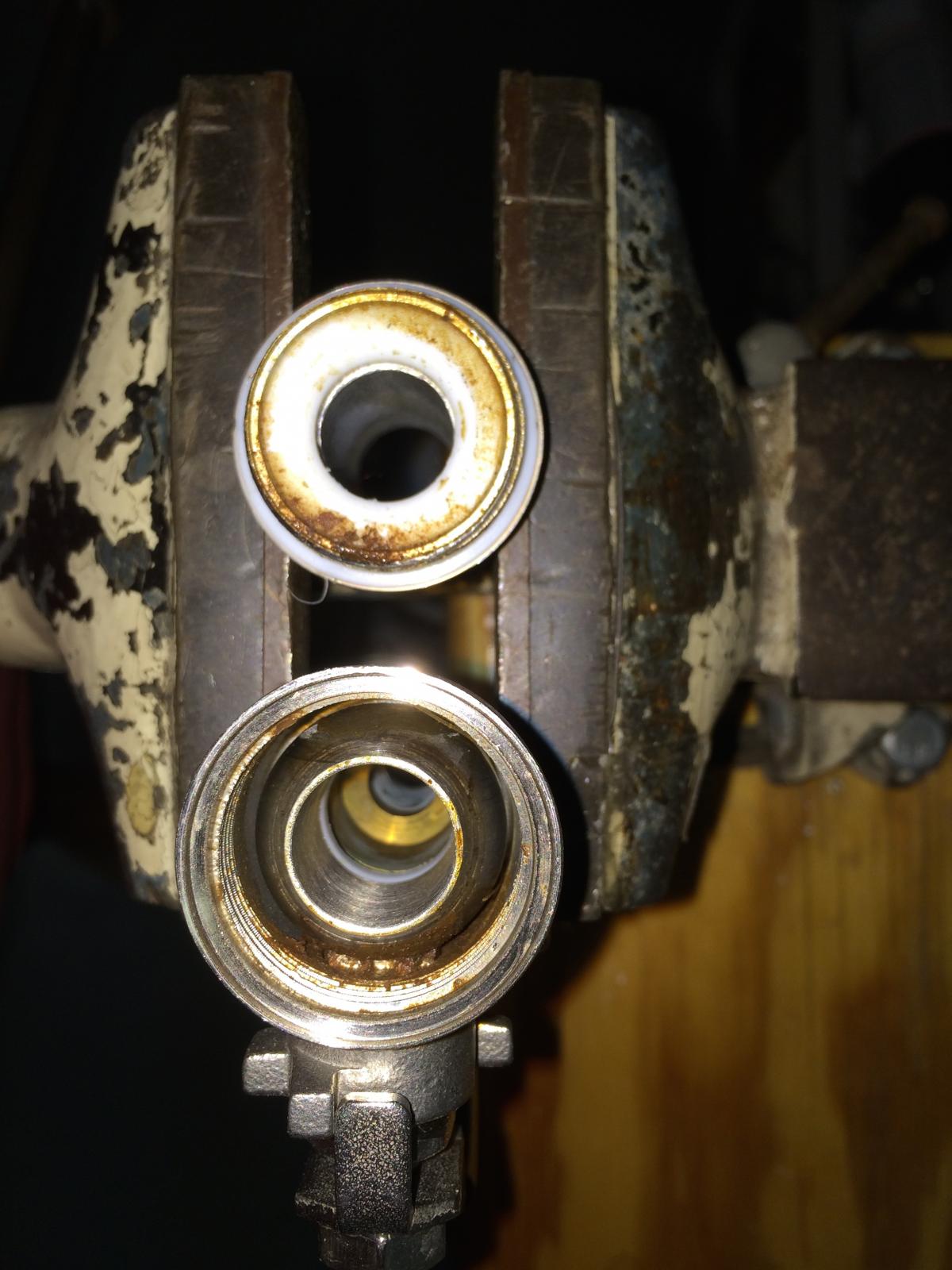I'm an all grain brewer and I have been brewing for about 4 years now and for the last year I have noticed a strange astringency to my beers and it seems to be more in the after-taste. I've been trying to narrow it down but I'm still having the problem so I thought I would post here.
I thought maybe there was an infection somewhere so I cleaned and sanitized everything with PBW and Starsan, but that didn't help. I also thought maybe it was some contaminated CO2 or a bad tank since I started using a new tank around the time that I noticed the problem so I made some seltzer water and it tasted fine so I'm pretty sure it's not that. Then I thought maybe it was my water or water additions but I've tried no additions with filtered water and no additions with RO water and it still didn't seem to make a difference.
I brew mostly IPA's and IIPA's, but I did notice when I brewed my pumpkin ale that it wasn't as astringent and I'm wondering if maybe some grain husks are getting into my boil causing the astringency and it wasn't as big of a problem with the pumpkin ale because the pumpkin in the mash helped strain the grains out. On my next batch I'm going to strain the run-off through a mesh bag to see if that helps.
Any thoughts?
Thanks,
Dave
My Setup
10 gallon Rubbermaid cooler/mash-tun
15 gallon stainless full-boil kettle
6 1/2 gallon glass carboy fermenter
chest freezer converted fermentation fridge
stainless kegs
I thought maybe there was an infection somewhere so I cleaned and sanitized everything with PBW and Starsan, but that didn't help. I also thought maybe it was some contaminated CO2 or a bad tank since I started using a new tank around the time that I noticed the problem so I made some seltzer water and it tasted fine so I'm pretty sure it's not that. Then I thought maybe it was my water or water additions but I've tried no additions with filtered water and no additions with RO water and it still didn't seem to make a difference.
I brew mostly IPA's and IIPA's, but I did notice when I brewed my pumpkin ale that it wasn't as astringent and I'm wondering if maybe some grain husks are getting into my boil causing the astringency and it wasn't as big of a problem with the pumpkin ale because the pumpkin in the mash helped strain the grains out. On my next batch I'm going to strain the run-off through a mesh bag to see if that helps.
Any thoughts?
Thanks,
Dave
My Setup
10 gallon Rubbermaid cooler/mash-tun
15 gallon stainless full-boil kettle
6 1/2 gallon glass carboy fermenter
chest freezer converted fermentation fridge
stainless kegs


